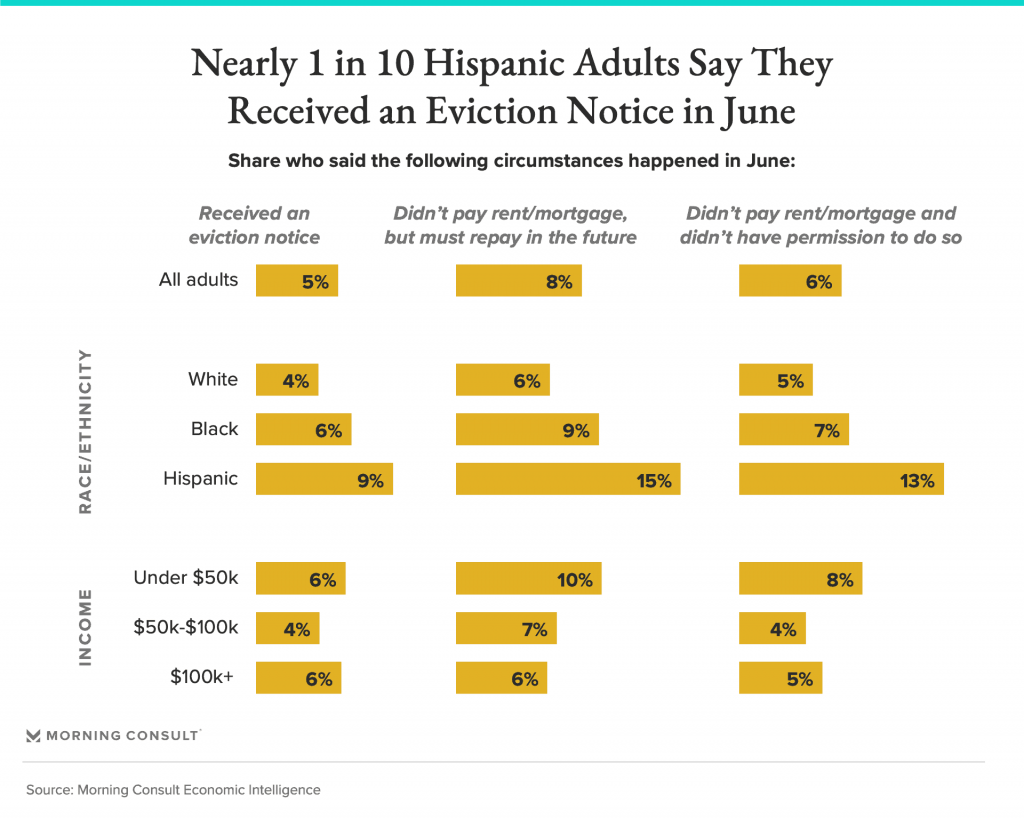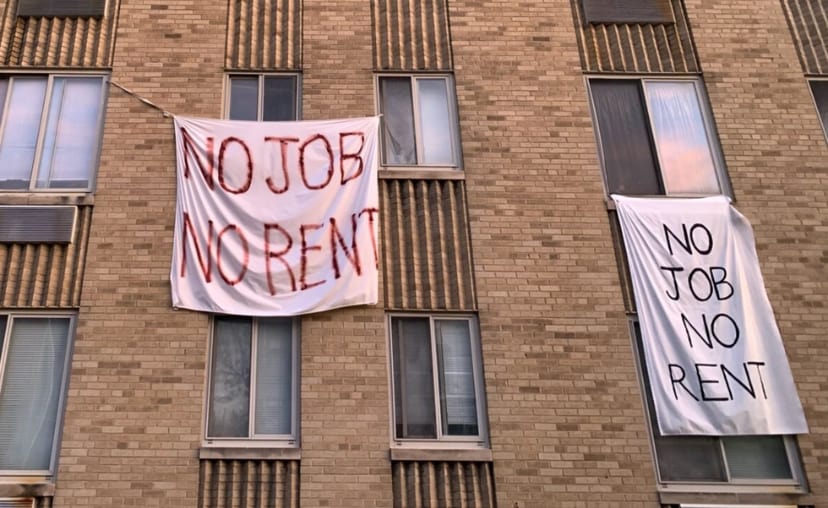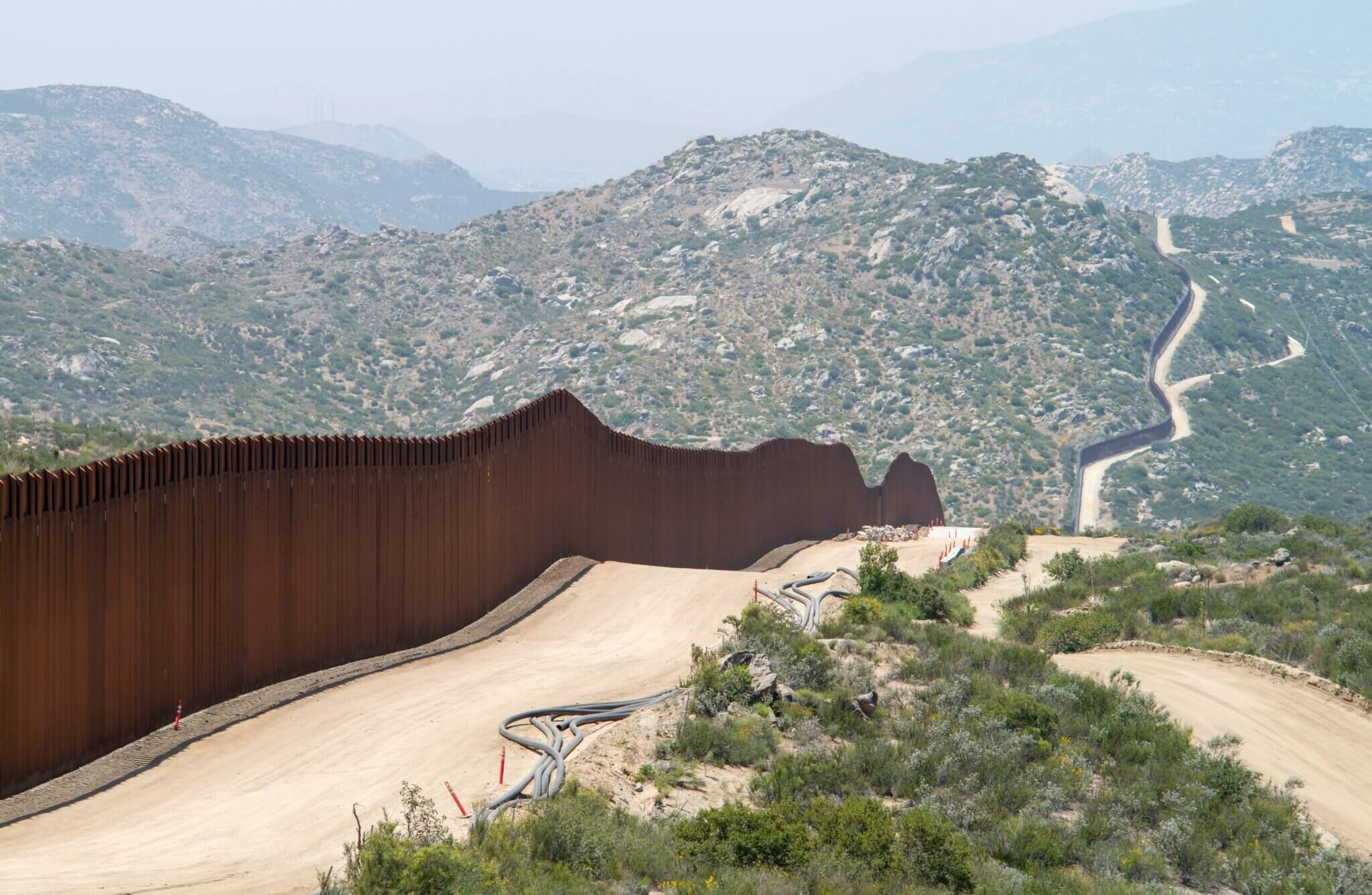A federal freeze on most evictions enacted last year is scheduled to expire July 31.
The moratorium, put in place by the Centers for Disease Control and Prevention (CDC) is the only resource keeping millions of tenants in their homes. Many who lost jobs during the coronavirus pandemic and had fallen months behind on their rent.
Landlords successfully challenged the order in court, arguing they also had bills to pay, reported the Associated Press. They pointed out that tenants could access more than $45 billion in federal money set aside to help pay rents and related expenses.
Advocates for tenants say the distribution of the money has been slow and that more time is needed to distribute it and repay landlords.
Morning Consult data suggests the adverse effects will fall disproportionately on Hispanic-Latino adults.

Nine percent of Hispanic-Latino adults said their household had received an eviction notice in June, compared to 4 percent of white adults. Six percent of Black adults said the same.
Hispanic-Latino adults also saw the highest share of those who said they didn’t pay rent or mortgage in June but have to repay it in the future (for homeowners, the same as forbearance), and those who skipped a housing payment without permission, at 15 percent and 13 percent, respectively.
New Hampshire advocates are working to help the state’s immigrant populations that may fear asking for help with rental assistance, reported NHPR.
The Granite State Organizer Project and the Alliance for Immigrants and Refugees launched a new community outreach program to share important information about how to avoid getting evicted if people stopped paying their rent due to the pandemic.
Martin Toe of the Granite State Organizing Project told NHPR that his team hired bilingual staff to address language barriers preventing many immigrants from learning about the state’s rental assistance program.
New Hampshire has a measure requiring landlords to give tenants 30 days to pay back rent, but that measure applies only to unpaid rent from March 17 to June 11, 2020.
New Hampshire will get $352 million in federal money to help tenants with outstanding rent, utility payments and other expenses.




